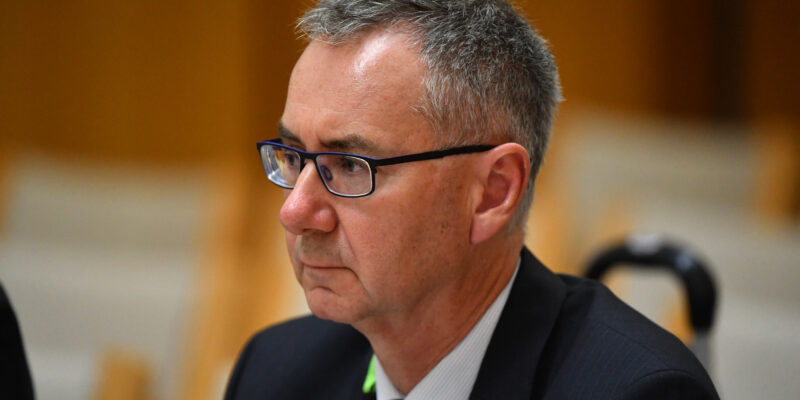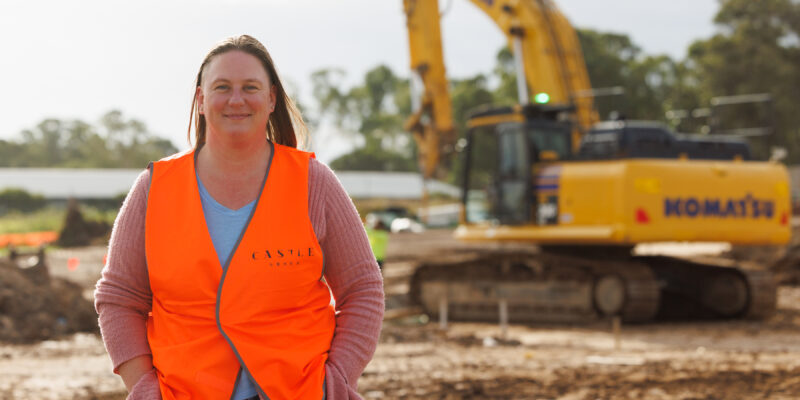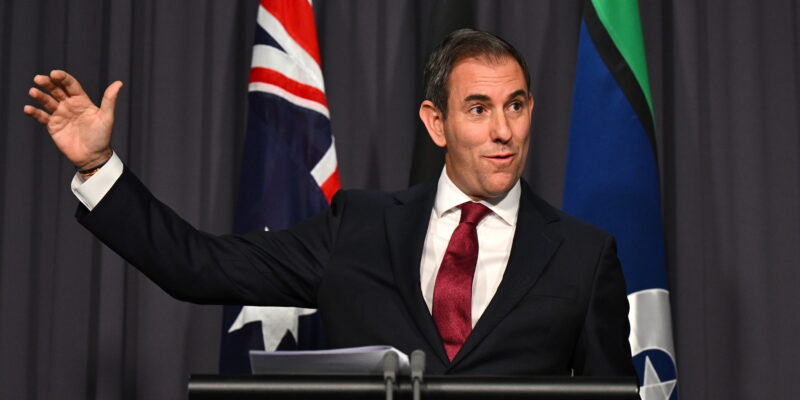Around 35,000 households are in deep financial difficulty
While APRA Chair John Lonsdale said the levels of debt were normal in historical terms, he admitted they are worsening as the cost-of-living crisis continues to bite.

THE Chair of the prudential regulator APRA has highlighted the growing financial stress facing Australian families.
While John Lonsdale told a business leaders meeting that the levels of debt were normal in historical terms, he admitted they are worsening as the cost-of-living crisis continues to bite.
“Around 35,000 households are in deep financial difficulty and facing immense financial and emotional stress,” he said.
“That level of mortgage stress is relatively normal in historical terms, but it’s double the proportion we saw in 2016 and it’s trending up.”
Mr Lonsdale acknowledged the level of debt during a speech where he unpacked the mortgage serviceability buffer, which remains at 3 per cent.
“Despite the scrutiny it’s been subjected to over recent months, the purpose of this buffer isn’t always well understood in the community,” he said.
“It’s often described as purely a measure to ensure borrowers can meet repayments should interest rates rise another 3 percent.
“However, that is far from the full picture.
“At an individual level, it’s a contingency for any type of deterioration in a borrower’s financial position, whether a loss of income, falling ill and being unable to work or an unexpected rise in expenditure.
“At a system-level, it is a contingency against economy-wide risks factors, such as a rise in unemployment or the impact of an international trade war.
“In short, it’s a buffer for uncertainty – something there is no shortage of in the current geopolitical environment.”
That built-in safeguard is especially important in Australia given that mortgages are by far the largest asset class held by Australian banks, he said.
“Residential mortgages make up two-third of all bank loans in Australia, compared to 30 per cent in Europeand only 10 per cent in the United States,” the APRA Chair added.
“Australians also have one of the highest levels of household debt relative to income in the world.
“Our banking system is therefore particularly vulnerable to any scenario that results in large numbers of borrowers being unable to make their mortgage repayments.
“Should bank losses begin to mount due to borrower defaults and homes sold for a loss, we would likely see banks withhold dividends to investors and curtail lending as their capital positions came under threat.
“This would further weaken the domestic economy and amplify the impact of the crisis.”




